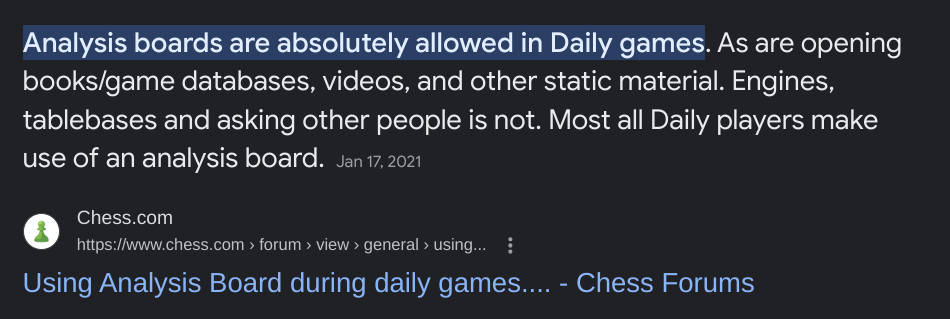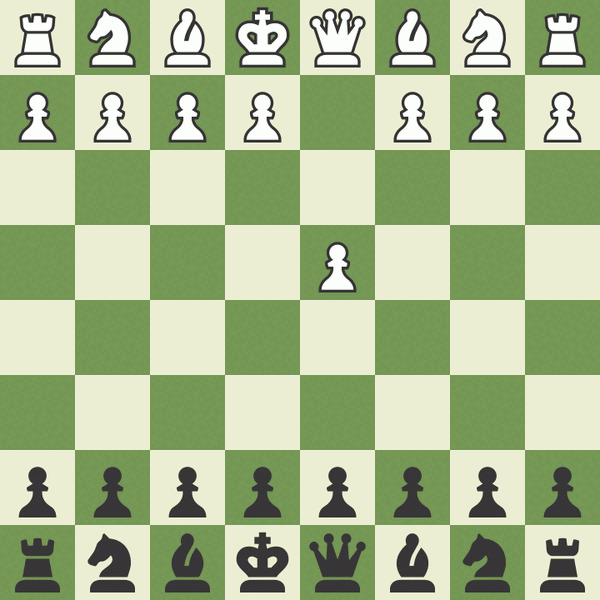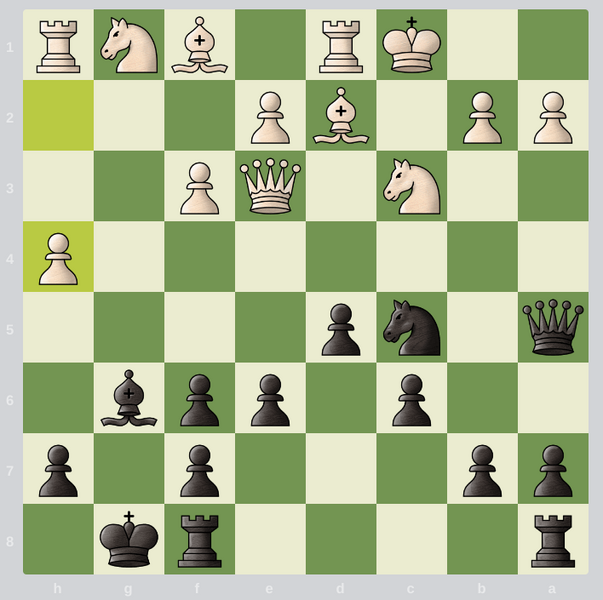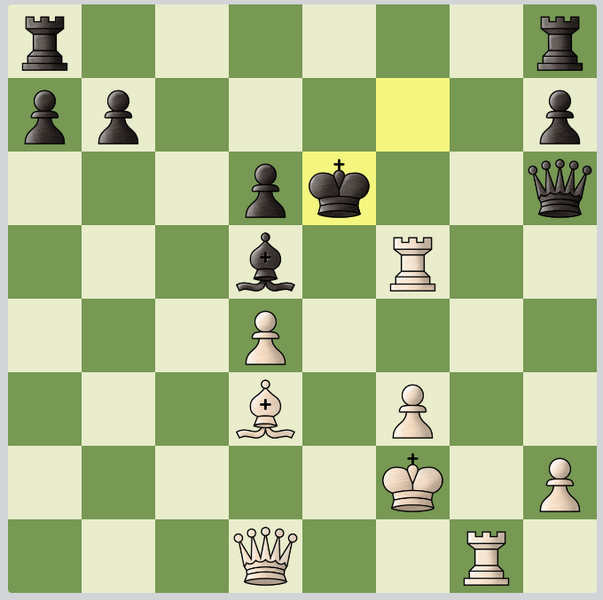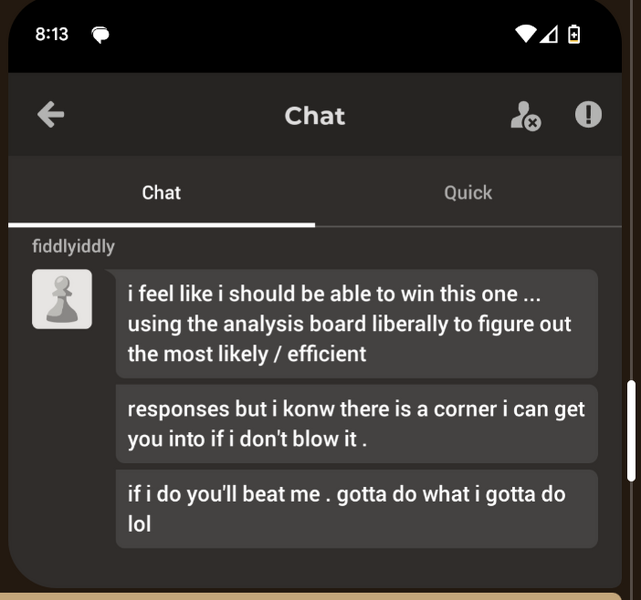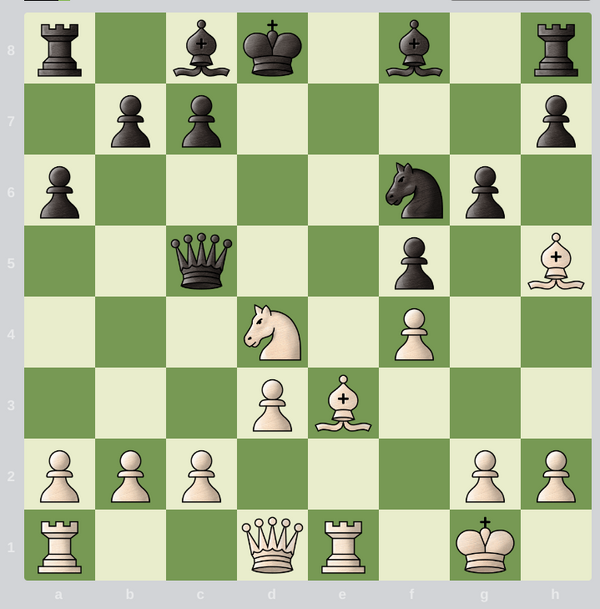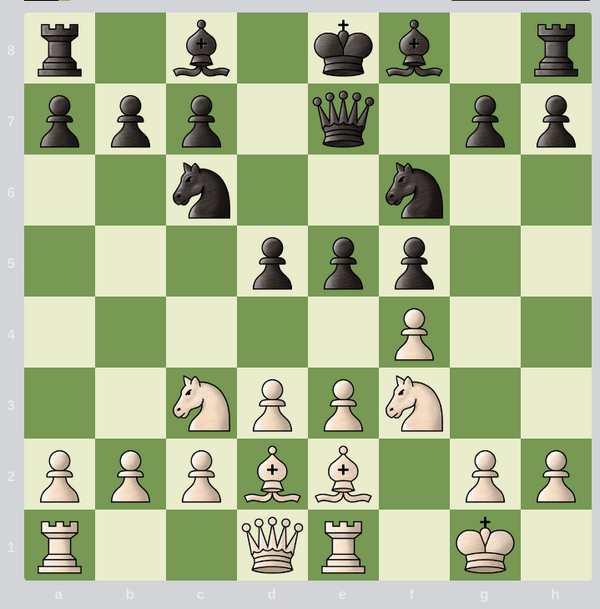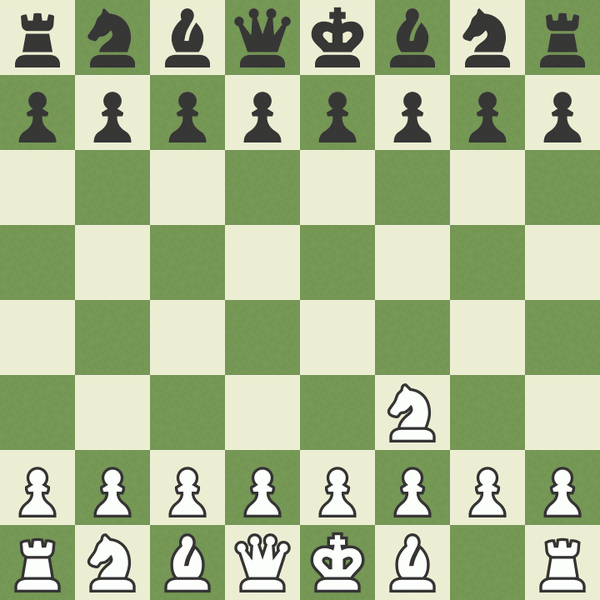- Joined
- Mar 8, 2002
- Messages
- 57,779
- Reaction score
- 36,671
Not sure what you mean by "the board is the context". For me, the context are the underlying strategic and tactical ideas for a set of moves. I find that the lessons on chess.com are reasonable starting points for beginners (which I think is up to about 1700 ELO). Apparently expert is 2000 ELO and above.the board itself is the context , no ? that's my working premise anyways ... more about the board than the pieces per se .
i've been dabbling in visualization technique to see what fits me . i thin this year i'm going to lean into that training we'll see how it goes !

